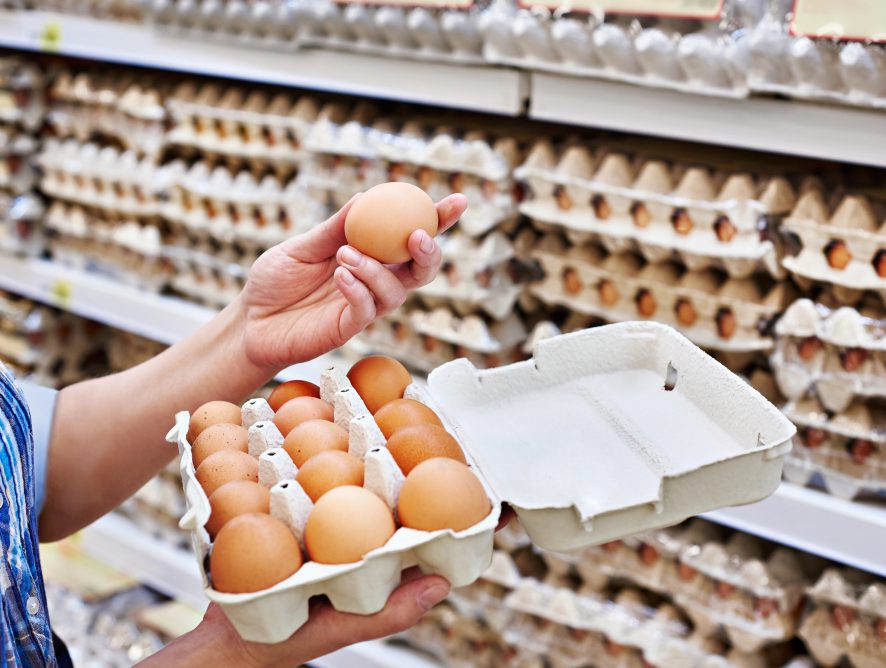 Egg carton dates can be confusing, but understanding them is essential for ensuring quality and safety. Surprisingly, these dates—whether “use by,” “sell by,” or “expiration”—aren’t about safety but about quality.
Egg carton dates can be confusing, but understanding them is essential for ensuring quality and safety. Surprisingly, these dates—whether “use by,” “sell by,” or “expiration”—aren’t about safety but about quality.
Key Dates on Egg Cartons:
- Expiration or Sell By Date: Helps stores manage inventory and indicates peak freshness. These dates can be up to 30 days after packing.
- Julian Date: Found on the side of cartons, this three-digit number represents the packing date (e.g., 001 for January 1 to 365 for December 31).
- Use By Date: Occasionally printed on the eggshell, advising the best quality date.
Storing and Using Eggs:
- Refrigeration: Properly stored eggs last four to five weeks after the Julian or packing date.
- Quality Changes: As eggs age, whites thin, and yolks flatten. Older eggs are best used in fully cooked recipes like quiches or baked goods to minimize foodborne illness risks.
Handling and Safety:
- Proper Storage: Always refrigerate eggs and other perishable items promptly to maintain quality and safety.
- Cooking Tips: Older eggs should be used in recipes where shape isn’t crucial, like scrambled eggs or baked goods.
By following these guidelines, you can ensure that your eggs are both safe and of the highest quality.
Love cooking? Consider creating a personalized family cookbook at Family Cookbook Project. It’s a fun way to preserve and share cherished recipes!
Bill Rice is Founder and Co-Publisher of the Family Cookbook Project, a website that helps families and individuals collect, preserve and share food memories by creating their own printed personal cookbooks. He is the author of The Wellfleet Oyster Cookbook and the Cape Cod Cocktail Cookbook (Available on Amazon), both created using FamilyCookbookProject.com. He is also editor of the Donovan Family Cookbook, now it’s third printing.
Follow Family Cookbook Project on Facebook, Instagram, Twitter and Pinterest!

